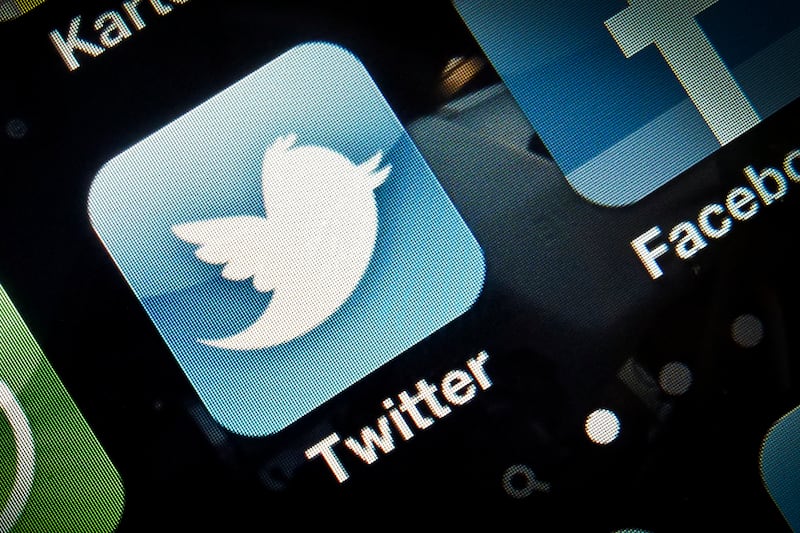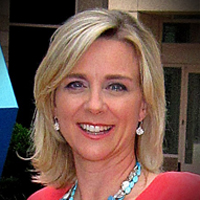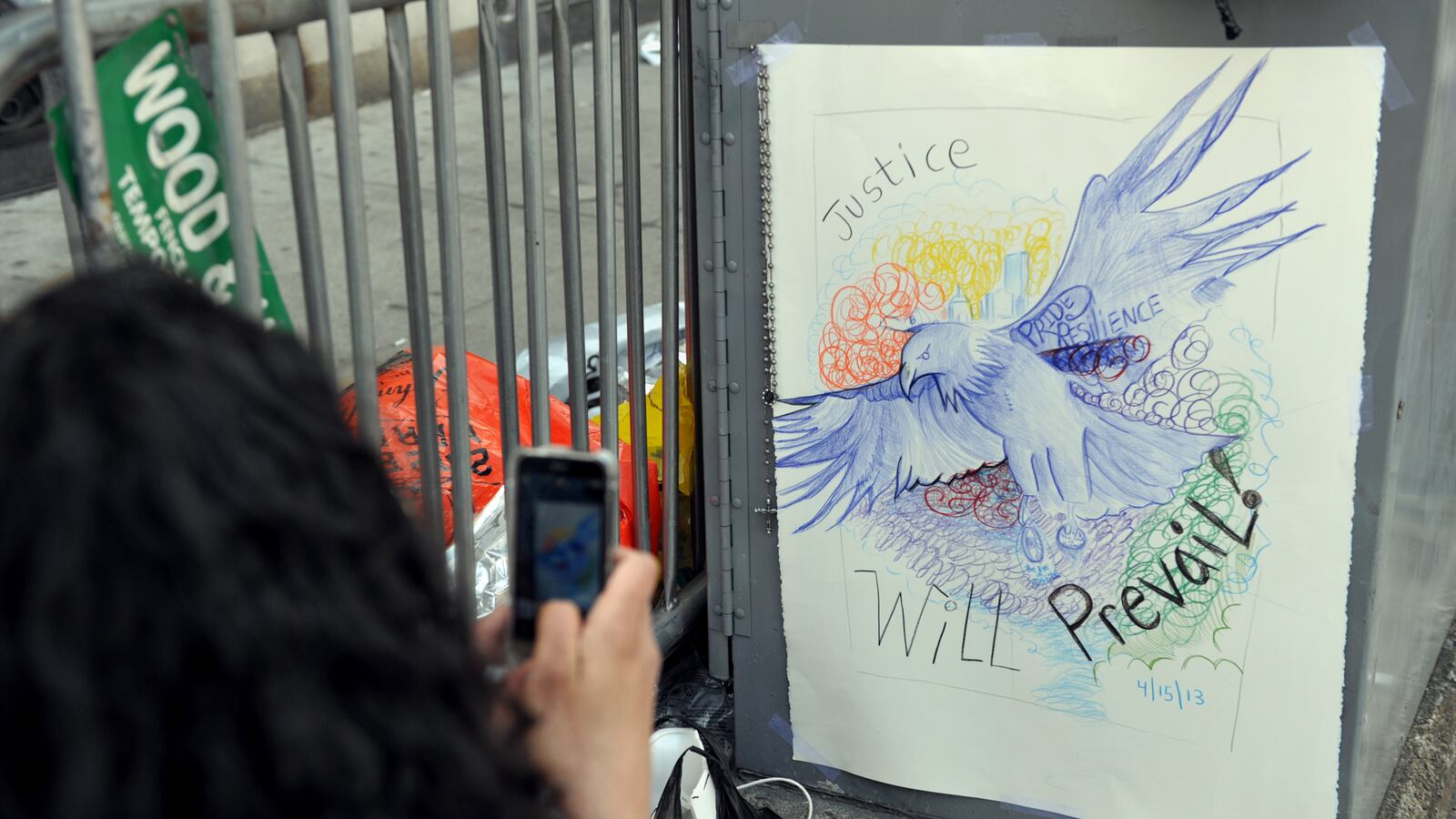It didn’t take long after the bombs exploded in Boston for the online haters and petty partisans to rear their ugly heads.

Radio host Alex Jones suggested on Twitter that the bombings may have been a “false flag” operation staged by the Obama administration itself.
Washington Post blogger Jennifer Rubin tweeted that she wasn’t covering the bombing because it was a “local crime” story—a shot at a colleague who had dismissed the murder trial of abortion doctor Kermit Gosnell as too local to warrant coverage.
Even New York Times columnist Nicholas Kristof used the tragedy to promulgate his political predilections on Twitter: “Explosion is a reminder that ATF needs a director. Shame on Senate Republicans for blocking apptment.” He later apologized, saying it was a “low blow and I take it back.”
And a scam account, @_bostonmarathon, asked for money to help the city’s victims. Twitter took it down in less than an hour.

But while naysayers spewed venom into their mighty social-media microphones, a seemingly larger group of more rational individuals told them to shut up.
Unlike in the wake of past tragedies, many tweeters cautioned restraint—a word not often heard in the Twitterverse. Ana Marie Cox of The Guardian started the ball rolling. She prayed for thoughtful reporting and made a promise at 3:30 p.m. on Monday to curb her retweeting:
“I will not be RTing graphic photos. I will try to be judicious in RTing in general. Sorry if I am relatively quiet then...”
But even Cox fell into the trap set by the New York Post, which for four hours was erroneously reporting online that 12 people died in the blasts—the death toll at the time was two—and that police had a Saudi suspect in custody, which they didn’t.
Tweeted Cox: “I’m going to delete that link to the NY Post story. Sometimes they seem to be on top of things, other times....Sorry for the hastiness.”
It wasn’t that long ago when social-media followers—like lemmings—treated bogus and unconfirmed reports as if they were fully vetted news reports. Remember the doctored photo of a shark swimming in a flooded New Jersey neighborhood after Hurricane Sandy? How about the stories naming the Newtown shooter’s brother as the mass murderer, and conflicting accounts of whether he stormed the school by force?
With few exceptions, social-networking sites got it right this time, providing useful information and thoughtful commentary. And they were first.
As the pair of bombs exploded around 2:50 p.m. on Monday, it wasn’t TV, or websites, or radio that heralded the news. It was Twitter.
Accurate, firsthand accounts and pictures flew across the Internet, alerting the world to a terror attack. On-the-ground eyewitnesses, not reporters, broke the news by uploading images and reactions in real time to the social-media masses.
On Reddit, one marathon finish-line volunteer—who posted a picture of a volunteer badge as “proof”—told his story from the scene about helping with emergency efforts. “To me,” he wrote, “the possibility of getting injured is less important than the potential for helping others already injured.” The signoff: “Stay Strong Boston.”'
Dennis Crowley, CEO of the social-media check-in site Foursquare, was running the race and had been checking in at every mile of the marathon. He switched to Twitter right after the explosions and continued through the evening to describe his reaction and that of his cousin, who was 100 feet from the blast: “I’m ok.about 20k of us in corral just before mi 26. marker.”
And unlike journalists, the Boston eyewitnesses and commenters let it fly. At 2:50 p.m., this message from a woman named Kristen Surman was most likely the first tweet:
“Holy shit! Explosion!”
It wasn’t until 40 minutes later that the Boston Police Department confirmed what those online already knew: “Boston Police confirming explosion at marathon finish line with injuries.”
Social-media companies, meanwhile, used their resources and tools to bring aid and comfort. Google offered its Person Finder, created by the company’s engineers after the 2010 Haiti earthquake to help people “reconnect with friends and loved ones in the aftermath of natural and humanitarian disasters.” It tallied 5,500 records in a day and posted links to the Boston mayor’s hotlines for families and witnesses who may have more information. The tool can be embedded on any website.
Twitter gave up its top advertising spot—a $200,000 value—so that users could see inspiring messages sent to and from #OneBoston. Some tweeters are using it to raise money for a charity called One Fund for victims most affected by the blasts.
Within minutes, Facebook groups like R.I.P. Victims of Boston Marathon Explosions amassed thousands of “likes.” People used photos on Instagram, like this one of a Red Sox jersey hanging in the dugout, and memes on Tumblr to deliver messages of support. And Reddit launched Random Acts of Pizza to pay for pies to be sent to first responders.
The social mediasphere can be a rough neighborhood, but when this tragedy hit it had a way of ignoring the bogus blather, stitching the community together, and even beating journalists at their own game. In the wake of the Boston bombings, Twitter and its brethren may have finally grown up.






